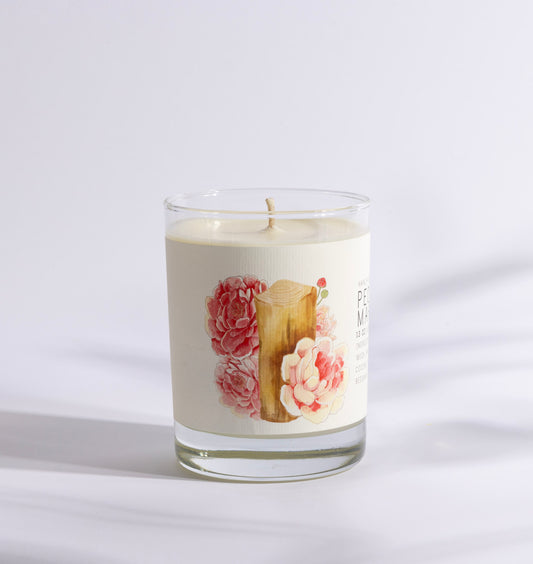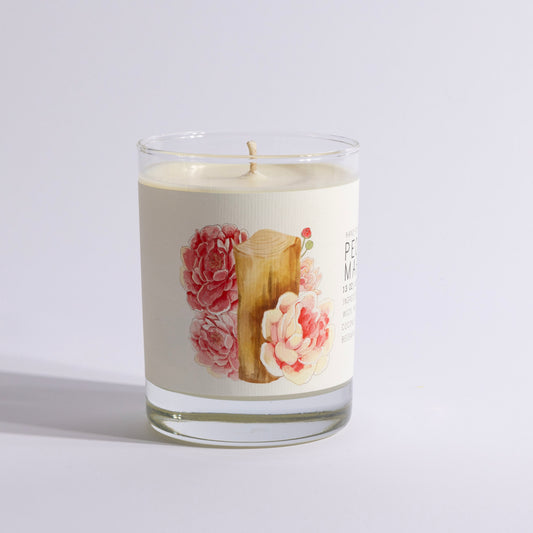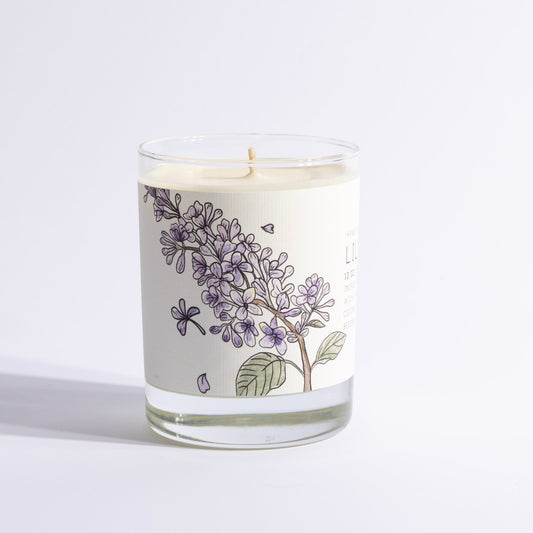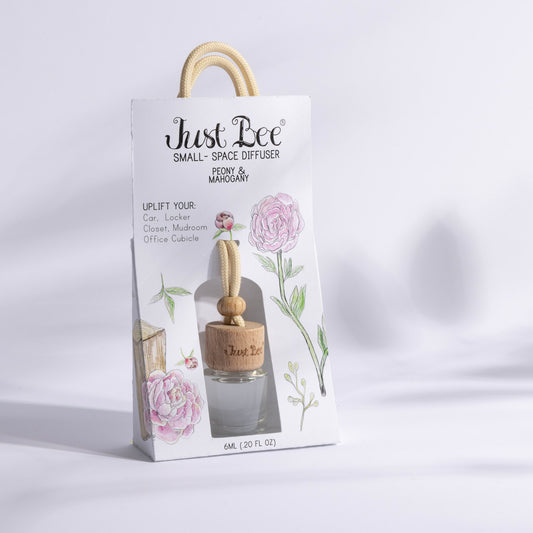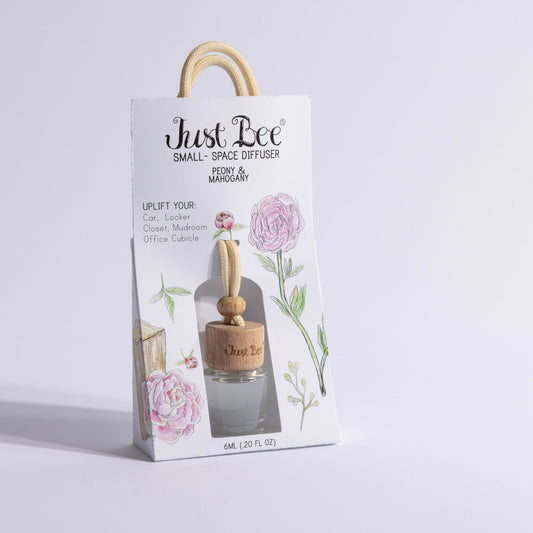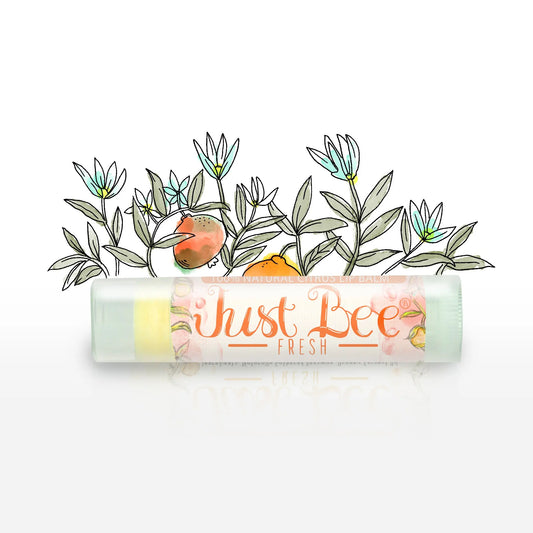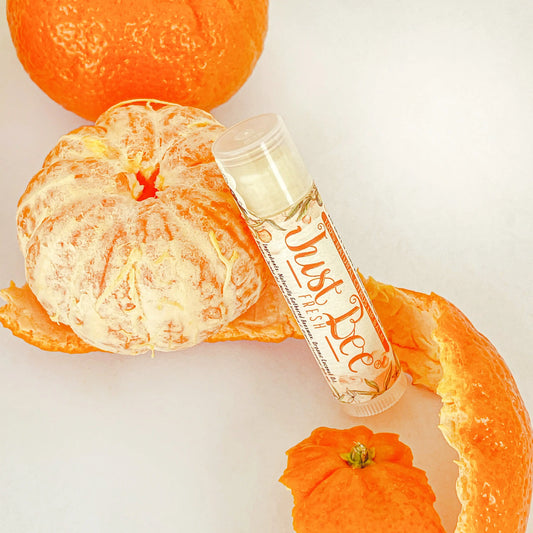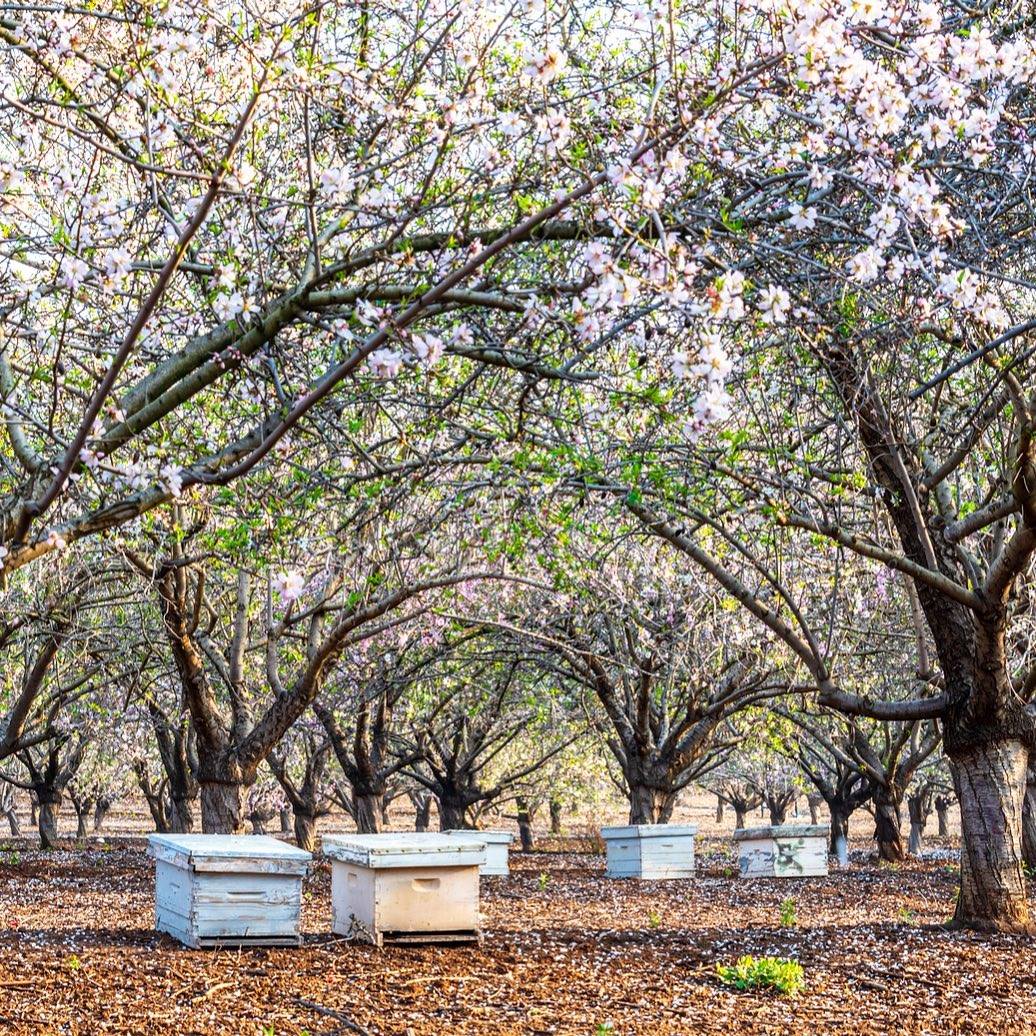
Did You Know Bee Rental Is a Thing?
How is ethically sourced honey different than commercial honey?
In a post last week we talked about how commercial honey is collected.
Another issue is bee rental!
Commercial beekeepers often earn a second income by renting their bee colonies to large-scale farms.
The bees can travel cross country, several days at a time in 18-wheelers during the hot summer months, in order to pollinate the farms and groves that produce our almonds, avocados, and other supermarket produce.
Not only is this long-distance travel highly stressful for the bees, but they are fed the same nutritionless sweeteners during the trip as they are fed during the cold, winter months.
These traveling bees do get to forage naturally once they reach their destination, as this activity pollinates agriculture.
But in order to get the diverse mix of nutrients that bees need to stay healthy, they must gather nectar from a diverse mix of flowering plants.
But most of the farms that rent their pollination services are single (mono) crop environments that lack this diversity.
Again, this malnutrition weakens their immune system, making the bees susceptible to pests and disease.
Also, when the farms employ conventional farming methods (instead of organic or biodynamic farming methods), the bees bring the pesticides and other chemical farming inputs back to the colony by way of the nectar they’ve gathered. These toxins are inadvertently fed to the drones, the queen, the young brood (bee larvae)… and to us, once we eat their honey.
In a post last week we talked about how commercial honey is collected.
Another issue is bee rental!
Commercial beekeepers often earn a second income by renting their bee colonies to large-scale farms.
The bees can travel cross country, several days at a time in 18-wheelers during the hot summer months, in order to pollinate the farms and groves that produce our almonds, avocados, and other supermarket produce.
Not only is this long-distance travel highly stressful for the bees, but they are fed the same nutritionless sweeteners during the trip as they are fed during the cold, winter months.
These traveling bees do get to forage naturally once they reach their destination, as this activity pollinates agriculture.
But in order to get the diverse mix of nutrients that bees need to stay healthy, they must gather nectar from a diverse mix of flowering plants.
But most of the farms that rent their pollination services are single (mono) crop environments that lack this diversity.
Again, this malnutrition weakens their immune system, making the bees susceptible to pests and disease.
Also, when the farms employ conventional farming methods (instead of organic or biodynamic farming methods), the bees bring the pesticides and other chemical farming inputs back to the colony by way of the nectar they’ve gathered. These toxins are inadvertently fed to the drones, the queen, the young brood (bee larvae)… and to us, once we eat their honey.

